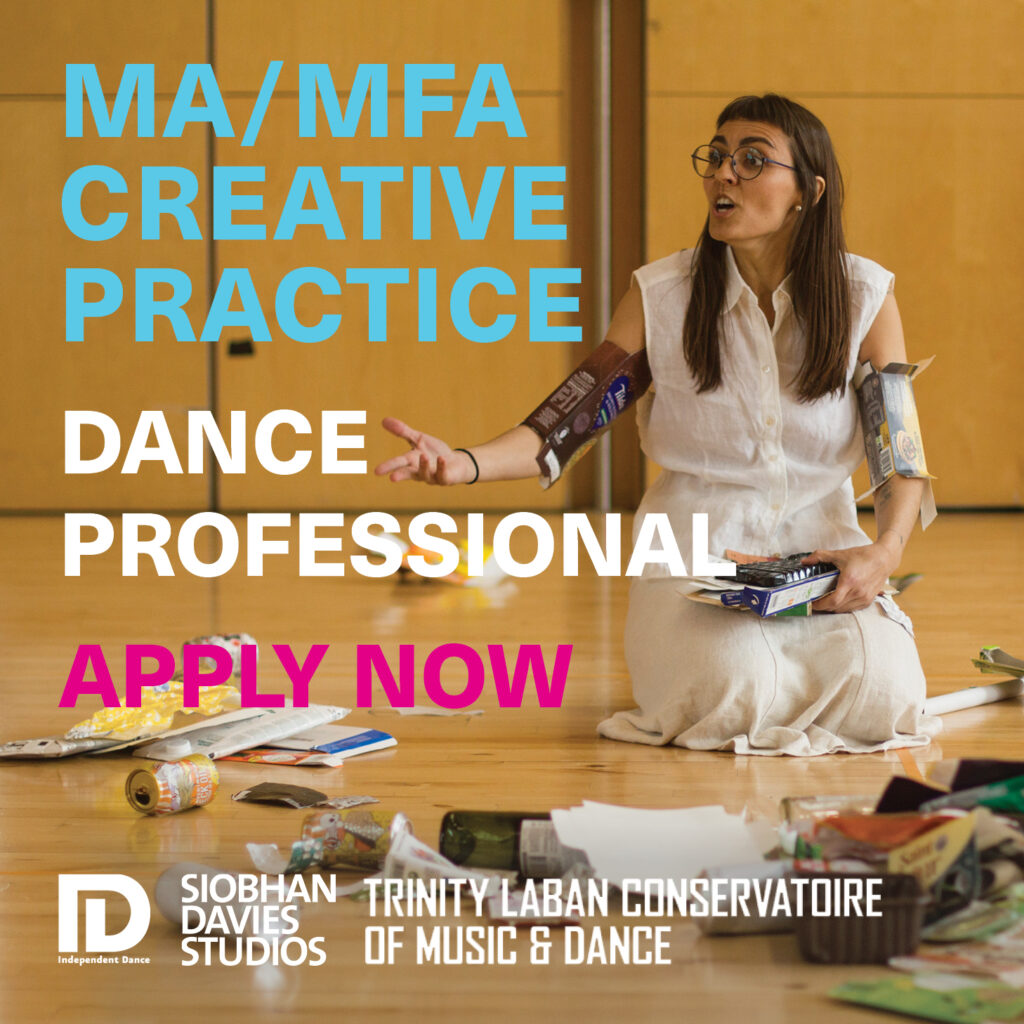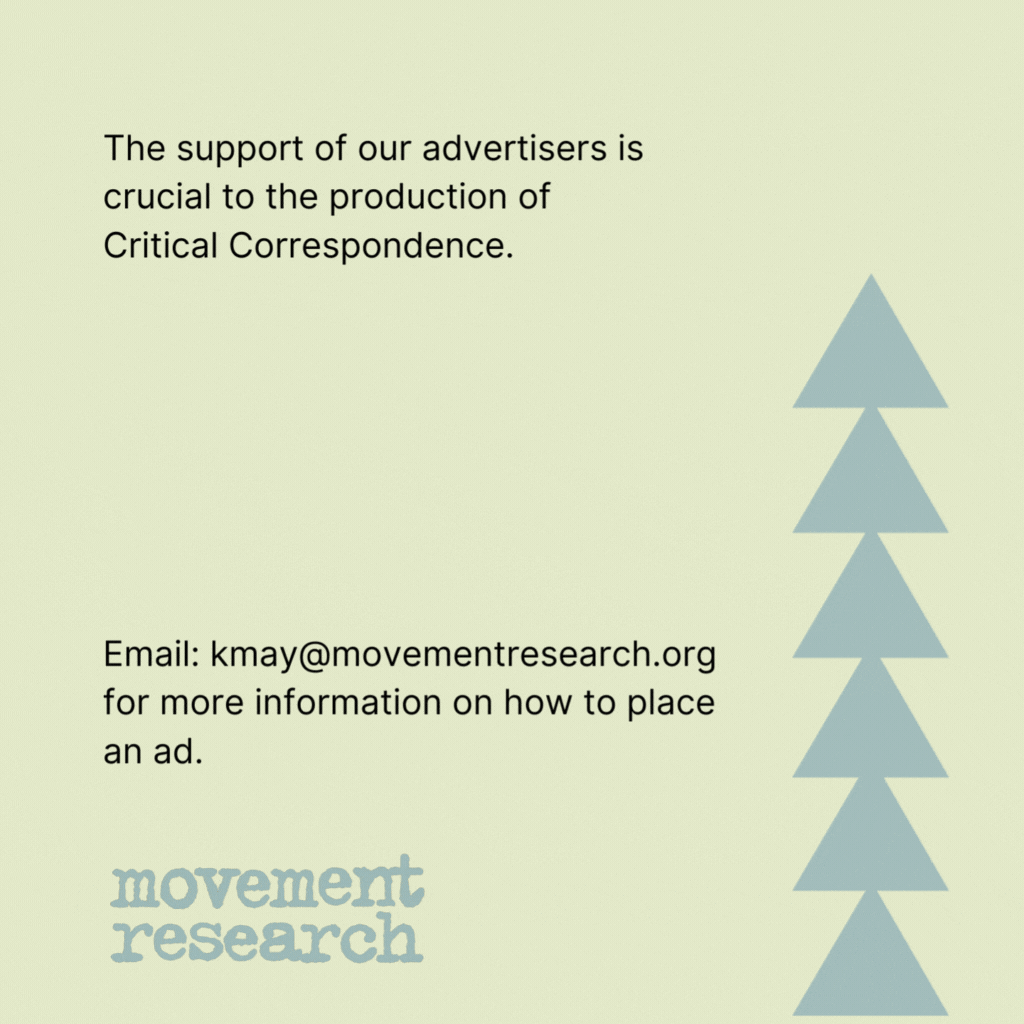Amelia Bande: First of all I wanted to know, in your own words, how would you describe The Cabaret Law’s origins, the reasons behind it and how it impacts communities in New York City today?
Rafael Espinal: The history of the law goes back almost one hundred years. And it was introduced by the mayor at the time to weed out clubs and spaces that were selling alcohol because it was during prohibition, at a time when the country made drinking alcohol illegal. And they saw dancing as being that entryway to alcohol, right? So, if there was dancing going on in the space, they’d get the idea or the signal that most likely they were selling alcohol there too. So, after prohibition was repealed, in the 30s and 40s during the Harlem Jazz Renaissance, the mayor and the administration here at the time were using it as a way to crack down on those jazz clubs to not allow intermingling between races to happen there. A lot of white folks were going to those clubs, you know, mingling with the black folks and they didn’t really want that to continue going on and they used it to keep some sort of social order. In the 70’s during the Stonewall Movement, the city again was using the Cabaret Law as a way to crack down on LGBTQ bars because it was also seen as a place where LGBTQ members were organizing to riot and to protest. And then in the 90’s Giuliani — cuz you know the law would go out, in and out, in and out: it would become in fashion and then it wouldn’t be in fashion. In the 90’s Giuliani launched a Quality-of-Life Campaign and his campaign was to reduce the amount of crime– reduce the amount of quality-of-life issues in communities and he used the Cabaret Law to target all the bars and dance venues across the city as a way to reduce nightlife crime and nightlife issues and complaints from community members and in that process you know they were able to close and erase a lot of the iconic spaces that really helped make New York what it is today. And recently, the current administration will argue that they’re not using the law anymore, but it’s something that continues to stay on our books. It’s something that can be used again in the future and I think it’s important at this point in time that we take that step to repeal the law, especially now when we have a president in office who’s looking to suppress people because of their colorful backgrounds. I think that New York City’s nightlife is a space that allows people of all colors to flourish and to express themselves so this law that has such a homophobic and racist history shouldn’t be in New York City’s books.
AB: What’s happening at the hearing tomorrow?
RE: Tomorrow it’s the hearing to repeal the Cabaret Law. It’s one huge step in legalizing dancing across the city. Because the law again requires for venues to have a license in order to allow dancing, so we’re going to remove the necessity of having a license. And y’know dancing shouldn’t be licensed. So we’re we’re going to make that move. Tomorrow we’re going to hear from the mayor’s office on why they think it’s a good or bad idea. And then we’ll hear from the advocates who this impacts.
AB: Could the law be repealed tomorrow, or is it just a hearing?
RE: So before a bill is passed it has to go through a public hearing. That’s the first step. Public hearing. And then after the public hearing, within a week or within a month or two months, we can have the next hearing to vote, to vote it out.
AB: Who are some of the people and organizations that are involved in the Let NYC Dance Coalition?
RE: There’s the Dance Parade, there’s the Dance Liberation Network, the New York City Artists’ Coalition and they’ve really done a lot of work in organizing and bringing this issue to the forefront. We have a lot of allies in the fight and I think it’s important that they all continue to be part of this fight because their voices are really what’s helped this issue gain traction.
AB: How difficult it is for spaces to gain legal cabaret licenses in New York City today?
RE: Well, you you have to first of all, be in the space that allows for your venue to legally allow dancing, right? So that space then has to go through dozens of checks by the Buildings Department, Fire Department, NYPD, currently DC, to make sure that the building is up to code and qualifies for all the licensing and permits in order for it to be an operable space to allow patrons to walk in, right? Then after you do all of that, and are able to show all the documentation that you’ve done all of that, you go to DCA, Department of Consumer Affairs, and show them that you have all your paperwork in order. Then you have to wait for them to take their time to sift through all the documents and make the decision on whether or not to get on the issue of the license, to allow dancing in your venue. So it’s, it’s a process. I think the first process is normal, yeah we expect every business to do that, but second process of having an agency to, kind of give an okay that you can allow dancing in your venue just doesn’t really fit into what New York City’s all about. This is a place where you are supposed to be free to express yourself, freedom of speech, freedom to be who you are. So, I think that that final process, that piece of this puzzle really doesn’t fit into the the name of our city.
AB: They use an excuse, of safety measures that then gets turned into: You can’t dance here.
RE: Right. So the big argue is why does dancing have to be part of this conversation? Why is dancing deemed dangerous? Why isn’t just drinking alcohol dangerous? Why isn’t loud music dangerous, so, we’re going to take dancing out of the conversation.
AB: You spoke a little bit about it, but again, do you feel that there are particular communities, and also areas of the city that are most affected by this law, in your experience?
RE: Yeah, I would say a lot of communities of color deal with this issue because, to be fair, what usually triggers inspections and raids by enforcement are complaints, right? And I would say is that the police would use this as a way to shut down venues that they feel are creating quality of life issues in certain neighborhoods and for some reason, there’s usually communities of color that deal with those problems, right? So, I think right now that in the outer boroughs it’s been an issue. If you’d asked me ten to fifteen years ago I would’ve said the Lower East Side and the East Village at the time, but it continues to spread out across the city.
AB: How did you personally become involved in this fight? When did you become aware of the impact of the law that’s in place right now and why do you think this is an important repeal for you, personally?
RE: I mean, I think that it’s not common knowledge that there’s a need for a license to allow dancing, right? Where me, being born and raised here, I never even knew it was the case. But, I read an article a few years ago about how the Cabaret Law was responsible for closing a lot of important venues in our city and had this racist and homophobic history, and how it continues to be a hurdle for many businesses especially nightlife establishments, an industry that’s important to me personally because I am a patron of these establishments. It’s something I enjoy personally and I want to be able to support that industry as much as I can. So when I read this article, the first thing I did was submit the request to draft this bill to repeal the law. Then after that it was, again, the advocates that really helped me amplify the issue across the city.
AB: So there were already advocates working for this repeal?
RE: Yeah, there were advocates that still lingered from previous fights in the 90’s, who, who were out there tackling this law. You know, it’s funny, they will tell you “Oh, we heard that there was a movement to repeal the law again and we were like ah, it’s not going to happen,” but now they’re actually seeing like “Oh wait, this might be our time.” And I think what helps us is that we have a very progressive city, our city’s more progressive now than what it was twenty years ago. So people are a little more sensitive to the connotations and the issues that this law has created and brought, and still brings.
AB: Why do you think collective dancing is important? The law says that dancing by three or more people is prohibited in a space that doesn’t have the right license. So, why do you think dancing as a group is important? In a more spiritual level, or in a community-building level?
RE: I mean dancing isn’t only performance. Dancing is a social expression. You know? When you want to blow off steam from a hard days of work or a hard week at work, you want to go out dancing. When you want to go meet people and socialize, you go dancing, right? Dancing is a very important part I believe of human nature. And while people out there might argue that nightclubs and dancing deteriorates quality of life in communities, I can argue and say dancing increases quality of life for an individual. So, it’s important. It’s important that we have a serious conversation about this issue and do something.
AB: Just one last question. Critical Correspondence is an online publication of Movement Research, which is a laboratory for the investigation of dance and movement. Professional dancers and choreographers use dance venues and theaters where they perform for an audience, right? Do you see a divide between the more formal world of dance as an artform and the collective dancing that happens at a bar, in the streets, in celebrations? I mentioned coming to interview you to the people that I am working with and some of them didn’t even know that the Cabaret Law existed, even though dance is their profession. Do you see a divide between the more formal dance community and the nightlife community of say DJ’s and party organizers?
RE: Right at this point in time I would say that everyone is involved in the conversation. I think the issue is that the majority of people in the city do not know that dancing is illegal, you know? So I don’t believe there’s a division between the two, I think the issue is that the general public doesn’t know this is a problem. And once people begin to understand that, whether they dance or not, they see it as, for lack of a better term, as a ridiculous law. Like, why is government regulating dancing? So, I think it’s important that that we continue to spread the word. I think it’s important that formal dancing and social dancers continue working together to spread that knowledge.
AB: Thank you so much, Rafael.






